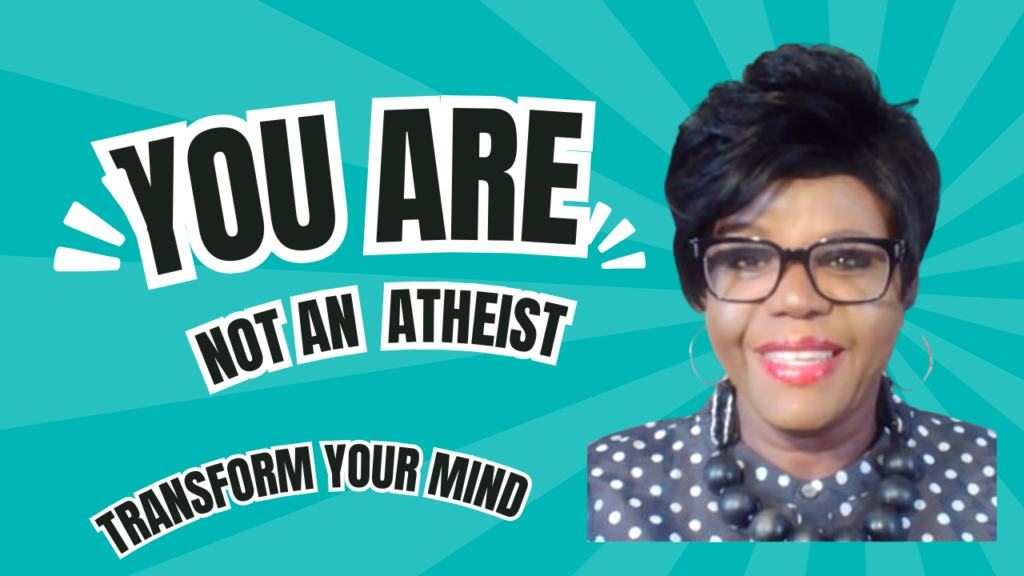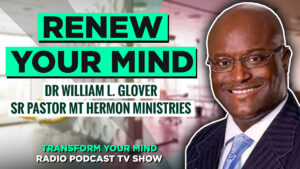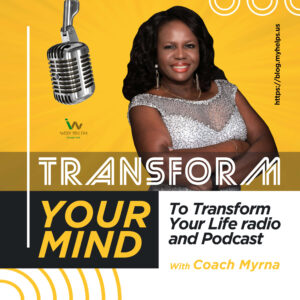Explore the profound connection between crisis and faith. There are no atheists in foxholes. in this episode of Five Minute Fridays with Coach Myrna. Delve into the idea that challenging times can turn anyone towards spirituality, even self-proclaimed atheists. Coach Myrna reflects on personal stories and emphasizes how faith emerges as a necessity when life’s hardships strike. Discover how prayer becomes instinctive and essential, providing strength and refuge. Be inspired to embrace faith not just in adversity, but in everyday life. Fostering a relationship with the divine that sustains through all seasons not just your foxhole moments.
Download the podcast Here:
Key Takeaways:
In moments of extreme adversity, individuals often find themselves turning to faith, even if they previously identified as atheists or nonbelievers. That is why the quote “no atheists in foxholes.”
Life’s unexpected challenges can strip away our illusions of control, revealing a deeper truth about our innate need for faith.
Sustained faith is not only beneficial in moments of crisis but also enriches daily life, providing peace and fortitude across all situations.
No Atheists in Foxholes: The Emergence of Faith in Crisis
One of the most profound revelations of human nature is the idea that “there are no atheists in a foxhole.” This phrase captures the essence of a universal truth: when faced with life’s dire challenges, even those who proclaim to have no belief in a higher power often find themselves reaching out, seeking divine intervention.
This podcast episode touches on this when Myrna shares, “life has a way of testing us,” indicating that during moments when “the bullets of life’s hardships are flying,” people instinctively turn to faith. Such trying circumstances reveal the inadequacy of purely rational thinking and the need for something beyond ourselves. So we normally have, no atheists in foxholes.
Examples abound of individuals who, in moments of extreme vulnerability—like a sudden illness or impending danger—turn to prayer. This primal instinct suggests an inherent recognition of a power beyond human comprehension. As Myrna recounts regarding her pastor’s transformative experience, even those previously distant from faith may promise devotion in the hope of salvation from their immediate turmoil.
Life’s Trials: Catalysts for Faith Discovery
Crisis acts as a powerful catalyst, challenging our perceived control over life and nudging us toward faith. The transcript explains how disruptions such as “a sudden illness, financial devastation, the loss of a loved one, or any moment of profound uncertainty” create personal foxholes, pushing individuals toward spiritual introspection and prayer. So we have no atheists in foxholes.
Coach Myrna emphasizes the “curveballs of life,” suggesting that these unexpected events, while challenging, strip away illusions of self-reliance and highlight our limitations. As we encounter these existential threats, it becomes evident that planning and logic may falter, suggesting faith as not merely a tool for times of need but a perpetual anchor for the soul.
Furthermore, these transformative experiences can have lasting impacts, often reshaping an individual’s perspective on life and faith permanently. It’s about more than survival; it’s a journey toward understanding and reconciling with a greater existence or purpose.
Faith as a Sustaining Force Beyond Crisis
The notion of sustaining faith beyond moments of severe adversity emerges powerfully within the conversation. Myrna notes that many people seek solace in prayer only when confronted with desperation, yet the challenge—and true strength—lies in integrating this faith into daily life.
The podcast makes it clear: “Faith does not mean the absence of fear, but rather it provides the foundation that fear cannot shake.” Thus, faith serves as a constant source of strength, fostering resilience even amidst life’s routine challenges. Trusting in a higher power, irrespective of circumstance, enables individuals to confront fears head-on, fostering a more profound inner peace.
Embracing faith as a consistent presence rather than a crisis-only resort enriches everyday experiences. It invites a mindful connection with the universe, binding spirit and thought. The transcript urges listeners not to “wait for a crisis to call on God,” encouraging the cultivation of a lasting spiritual relationship.
Conclusion: No Atheists in Foxholes
As language of the no atheists in a foxhole, suggests our need for faith isn’t just activated by desperation. It’s an inherent human condition. Life’s myriad experiences, from mundane to catastrophic, offer repeated opportunities to nurture and deepen this intrinsic connection to something greater. When uncertainty strikes, faith provides not just a refuge but transforms into a steady compass guiding us through the unpredictable challenges of existence. Through this lens, crises become catalysts for profound spiritual awakening, nurturing trust and fostering an enduring dialogue with the divine, enriching every facet of life—not just those in dire straits.









